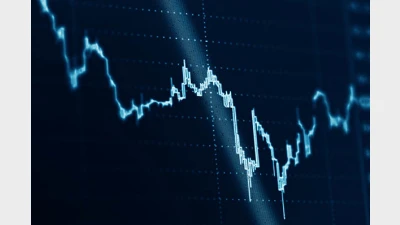Investor confidence down in September


Drops in global equity markets, for the first time in six months, have driven down the State Street Investor Confidence Index (ICI) to 83.9 points, 2.2 points lower than in August.
The drop in investors’ confidence was led by decreases in European ICI, which fell down 12 points to 110.6, followed by the Asian ICI which dropped 5.6 points to 84.4. At the same time, North American ICI rose slightly from 77.6 to 78.8.
According to State Street’s macro strategist Marvin Loh, although US markets were the most volatile in September, sentiment for the North American ICI was impacted only slightly while Europe’s ICI dropped by double digits due to negative sentiment around tense Brexit negotiations and virus concerns which offset constructive stimulus and COVID-19 containment gains from prior months.
“Risk appetite fell slightly in September as global markets broadly fell for the first time in is months. Investors continue to closely monitor the path of the virus, which has seen an uptick in new cases globally as well as in counties that had initially successfully lowered their infection rates,” he said.
The index also reflected the recent meetings of the central banks and a disappointment coming from their lack of action.
The ICT, which is developed by State Street Global Markets’ research and advisory arm State Street Associates and FDO Partners, measures investor confidence or risk appetite quantitatively by analysing the actual buying and selling patterns of institutional investors, with a reading of 100 being neutral and meaning the level at which investors are neither increasing nor decreasing their long-term allocations to risky assets.
The index differs from survey-based measures in that it is based on the actual trades, as opposed to opinions, of institutional investors.
Recommended for you
As market volatility persists, some super funds are pivoting defensively, while others are strategically positioning to capitalise on emerging opportunities.
New data has shown a progressive deterioration in risk appetite among instos even prior to Donald Trump’s latest round of tariffs.
UniSuper has reached “peak investment” in US assets and is now preparing to reassess its exposures amid ongoing sharemarket volatility.
Investors have slashed their US equity allocations to the lowest level on record, according to new data from Bank of America.












